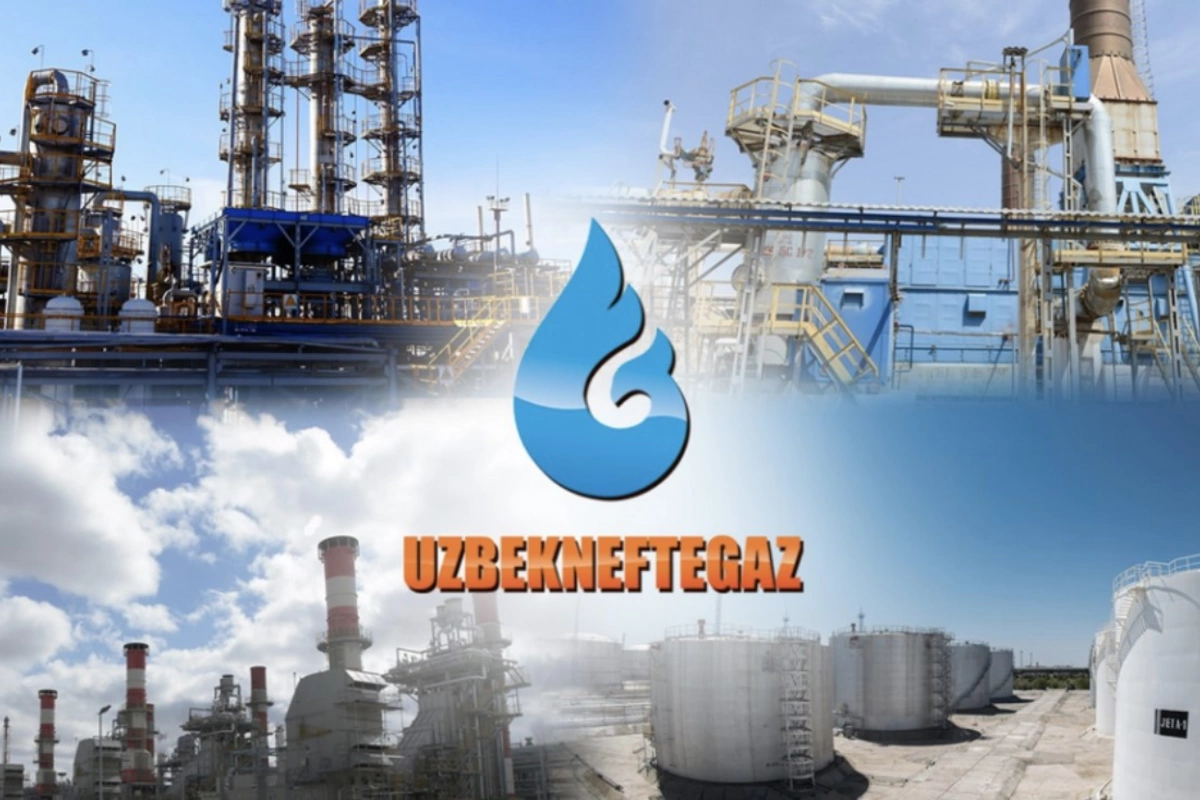
Photo credit: rogtecmagazine.com
By Samir Muradov
On April 30, 2025, Uzbekistan’s state-owned oil and gas company, Uzbekneftegaz, set a new national record by placing $850 million worth of Eurobonds on the London Stock Exchange - the largest single bond issuance in the country’s history. The issuance marks the company’s strategic move to refinance maturing debt and fund key investment projects, especially in light of falling natural gas production.
According to the company’s press service, investor demand exceeded $1.9 billion, allowing Uzbekneftegaz to both raise the offering volume beyond initial plans and reduce the coupon rate by 37.5-50 basis points from the original guidance. Ultimately, the bonds were priced with a yield of 8.75% per annum - nearly double the 4.75% rate of the company's debut Eurobond issuance in 2021.
Higher Yield Reflects Rising Risk Perception
The significantly higher yield indicates that borrowing has become more expensive and suggests that investors now associate greater risk with Uzbekneftegaz and Uzbekistan’s energy sector. Despite strong demand, the elevated rate reflects the market’s more cautious outlook on the country’s economic and sectoral fundamentals.

Photo credit: Shutterstock
S&P Global assigned a “B+” rating to the new bond issue, in line with the company’s long-term issuer rating. Analysts flagged structural risks, especially the high proportion of debt tied to subsidiaries such as GTL Uzbekistan - a synthetic fuel plant that accounted for around 40% of the group’s total debt by the end of 2024. This creates a substantial level of subordination within the company’s capital structure.
Nevertheless, S&P noted that state support is likely in the event of financial distress, given Uzbekneftegaz’s strategic importance. As the country’s leading producer and supplier of natural gas and petroleum products, the company plays a vital role in maintaining domestic energy security and providing fuel at relatively low prices.
Funds to Support Refinancing and Stabilization of Output
The proceeds from the bond issue will be primarily used to refinance maturing obligations and support the implementation of an ambitious investment program aimed at halting the sharp decline in natural gas output.
In 2025, Uzbekneftegaz downgraded its production forecast from 34.1 billion to 26.5 billion cubic meters of gas - a dramatic drop that underscores the urgent need for new technologies, infrastructure modernization, and increased resource recovery efforts.
In addition to the Eurobond issuance, Uzbekneftegaz also secured a $207 million club loan from Standard Chartered, MUFG Bank, and Abu Dhabi Commercial Bank in London. The funds are intended for investment and ESG-focused (environmental, social, and governance) projects.
Improved Financial Metrics Offer Moderate Optimism
Despite the external challenges, the company’s financials are showing signs of improvement. According to S&P Global Ratings, Uzbekneftegaz’s adjusted EBITDA is expected to reach 15.6 trillion Uzbek sums (approximately $1.2 billion) in 2024, up from 12.1 trillion sums in 2023. The ratio of operating cash flow to debt has also improved, rising from 13% to 16% over the same period.

S&P / Photo credit: daryo.uz
Further improvement will depend on an increase in regulated domestic gas tariffs and higher capacity utilization at the UzGTL synthetic fuel plant - both essential to boosting the company’s financial resilience.
Strong International Interest Signals Confidence in Reforms
The Eurobond attracted investors from the UK, the US, Switzerland, and across Europe and Asia - reflecting growing global interest in Uzbekistan’s evolving energy landscape. Their participation highlights not only confidence in Uzbekneftegaz’s credit profile but also recognition of the broader reforms underway in the Uzbek economy.
The government has made clear its commitment to liberalizing energy markets, attracting foreign investment, and transitioning to more market-oriented pricing mechanisms. The success of this record bond issuance may serve as a key test of international trust in these reforms.

Photo credit: quanloop.com
Conclusion
Uzbekneftegaz’s landmark $850 million Eurobond issuance is more than a financial transaction - it is a bellwether for the health and direction of Uzbekistan’s energy sector. While the cost of borrowing has increased, investor appetite remains strong, underlining the company’s strategic importance and the perceived viability of its reform agenda.
Nevertheless, major challenges remain: reversing the decline in gas production, optimizing the debt structure, and executing large-scale investment projects amid global volatility. Uzbekneftegaz’s long-term success will depend not just on its ability to raise capital, but on how effectively it can deploy these funds in pursuit of sustainable growth and national energy security.
Share on social media